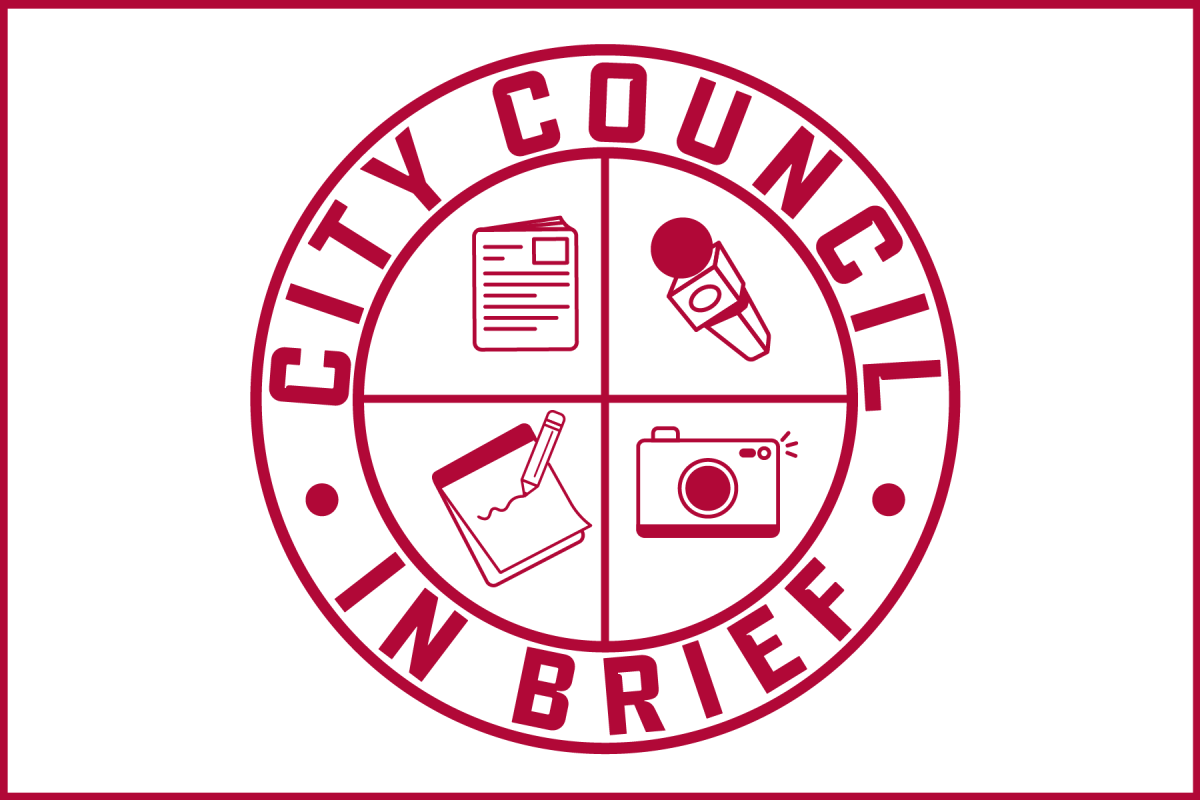A University of Alabama research team was awarded a $100,000 Grand Challenges Exploration grant that will allow the group to develop an improved method for detecting and tracking water contamination, according to a UA news release.
The grant was one of 78 awarded in 18 countries as part of the Bill & Melinda Gates Foundation for innovative global health research, the release also stated.
Led by Joe Brown, an assistant professor in biological sciences and New College, the group includes Philip Johnson, an associate professor of civil, construction and environmental engineering, and Ynhi Thai, a senior majoring in chemical and biological engineering.
“We honestly thought our chances were slim,” Thai said. “But we told ourselves that we will never know until we try. I’m glad we tried.”
The team said they presented to a committee of foundation staff and experts in the field a two-page application on how their idea falls outside the current scientific model and might lead to significant advances in global health.
The idea was developed from work the team performed in Vietnam and Cambodia in the summer of 2009.
“From the trip to Cambodia we saw the need for a better water testing device and decided to pursue it,” Thai said. “Reducing water-related illness requires better monitoring for fecal contamination so that risks can be identified and controlled.”
The research team’s work in Cambodia relied heavily on water testing kits, which were expensive, bulky and unreliable, Thai said.
To remedy the problem, the grant funds will be used to work toward creating a faster, more accessible method for detecting and tracking fecal coliform contamination in drinking water, the team said. Current methods require up to 24 hours of powered incubation and cost about $3,000 per kit.
“There is a need to develop a water testing device that can give rapid results and that is low in cost, yet is robust enough to take into the field,” Thai said.
According to the World Health Organization, approximately 1.7 million deaths occur each year due to unsafe water and unsanitary hygiene conditions. About 1.5 million of those deaths are among children less than five years old, mainly due to diarrheal diseases in developing countries.
“Safe drinking water is absolutely vital to health and well-being,” Brown said. “Our technology will hopefully expand our ability to assess the safety of drinking water supplies in developing countries.
“When we have better water quality monitoring tools, we can intervene where the risks of waterborne diseases are greatest,” he said.
The next step for the team will be to begin field validation testing of the new technology and the development of a water testing kit that can be made widely available where it is needed.
“We’re hoping that this project results in a field-deployable test that can be used anywhere in the world,” Brown said.
However, creating a new system could take some time, Thai said.
“Hopefully, we will be able to accomplish what we proposed,” he added. “We have a great team, and I believe we will make great progress.”
Tachi Yamada, president of the Gates Foundation’s Global Health Program, said the winners of these grants show the bold thinking needed to tackle some of the world’s greatest health challenges.
“I’m excited about their ideas and look forward to seeing some of these exploratory projects turn into life-saving breakthroughs,” he said.








